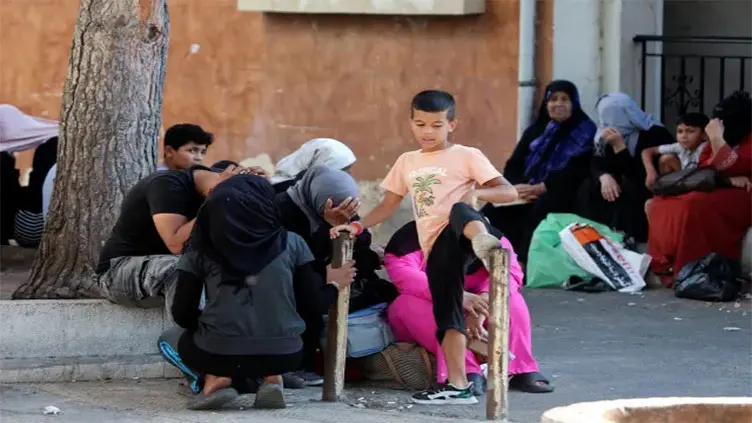Clashes between rival factions in the Palestinian camp of Ain el-Hilweh in southern Lebanon have displaced 20,000 residents, including about 12,000 children, Save the Children said on Friday.
At least 13 people — most of them militants — have been killed in the camp since fighting broke out on Saturday between mainstream faction Fatah and hardline Islamists, security sources in the camp said.
A tenuous ceasefire has been holding after two militants were killed late on Wednesday night, security sources said.
Ain el-Hilweh is the largest of 12 Palestinian camps in Lebanon, hosting around 80,000 of up to 250,000 Palestinian refugees countrywide, according to the United Nations’ agency for refugees from Palestine.
Some of the newly displaced had fled to schools just outside the camp, according to Nabaa, a Lebanese group that supports refugees.
“We are seeing high numbers of children and families who are experiencing distress and uncer-tainty given the continued clashes. Many families fled the violence with no time to pack or prepare for displacement,” George Jreij, area manager for Save the Children, said.
Some children were separated from their parents and caregivers, he added. Other families were too afraid to leave their homes even though their supplies of food and water were limited.
As the clashes continued over days, some feared they would spill over into neighbouring Saida, a large port city.
Sayyed Hassan Nasrallah, the head of powerful armed group Hezbollah which controls swathes of Lebanon’s south, called earlier this week for a lasting ceasefire. On Thursday, Nasrallah said his group was not involved in the fighting.—AFP










